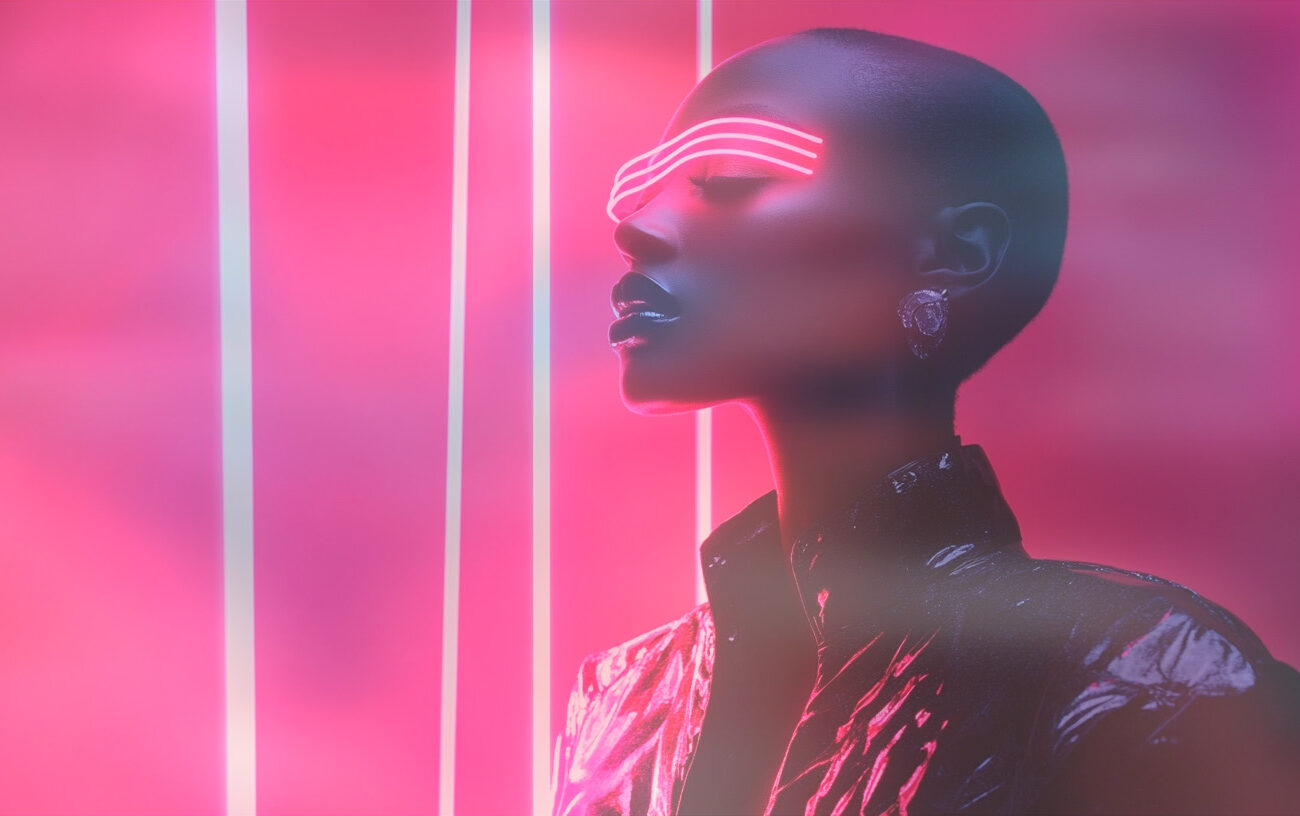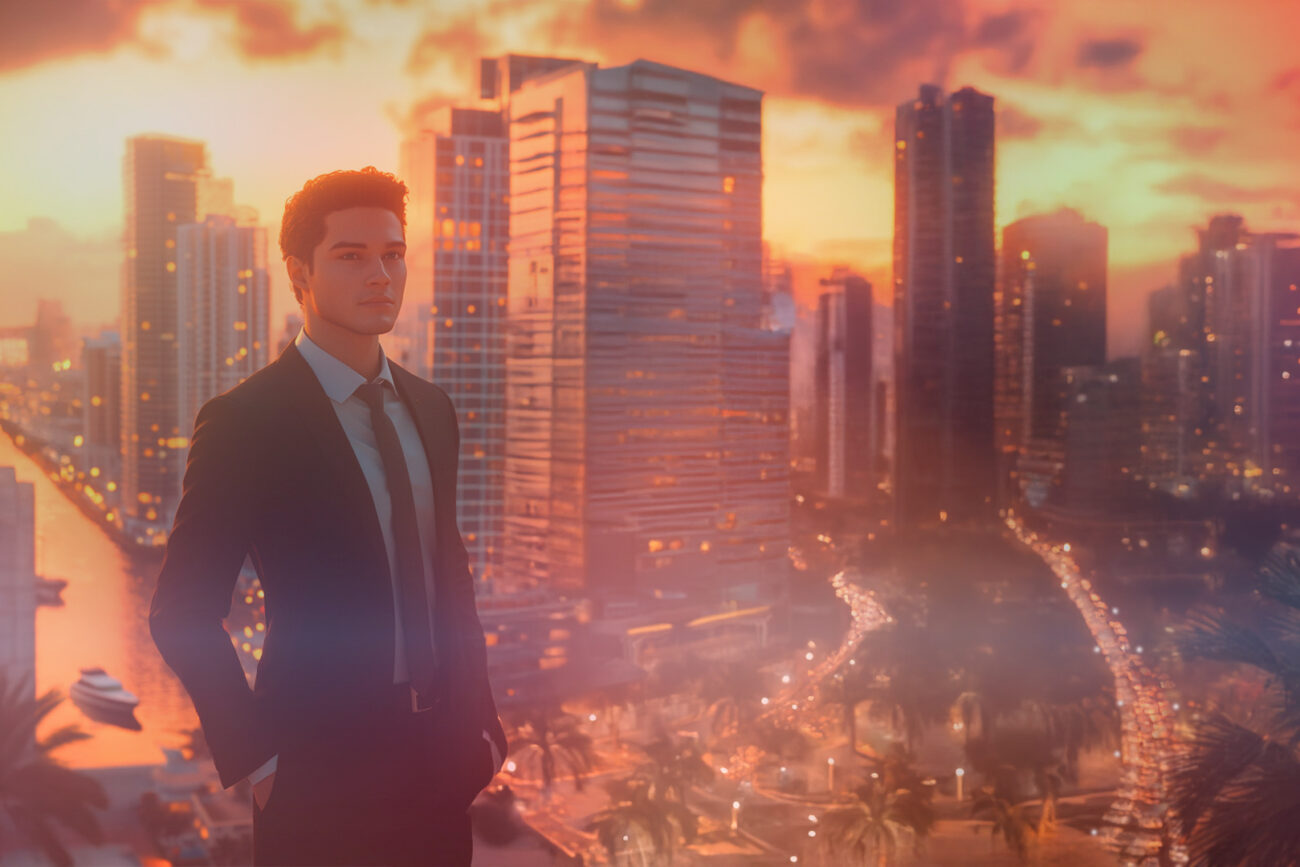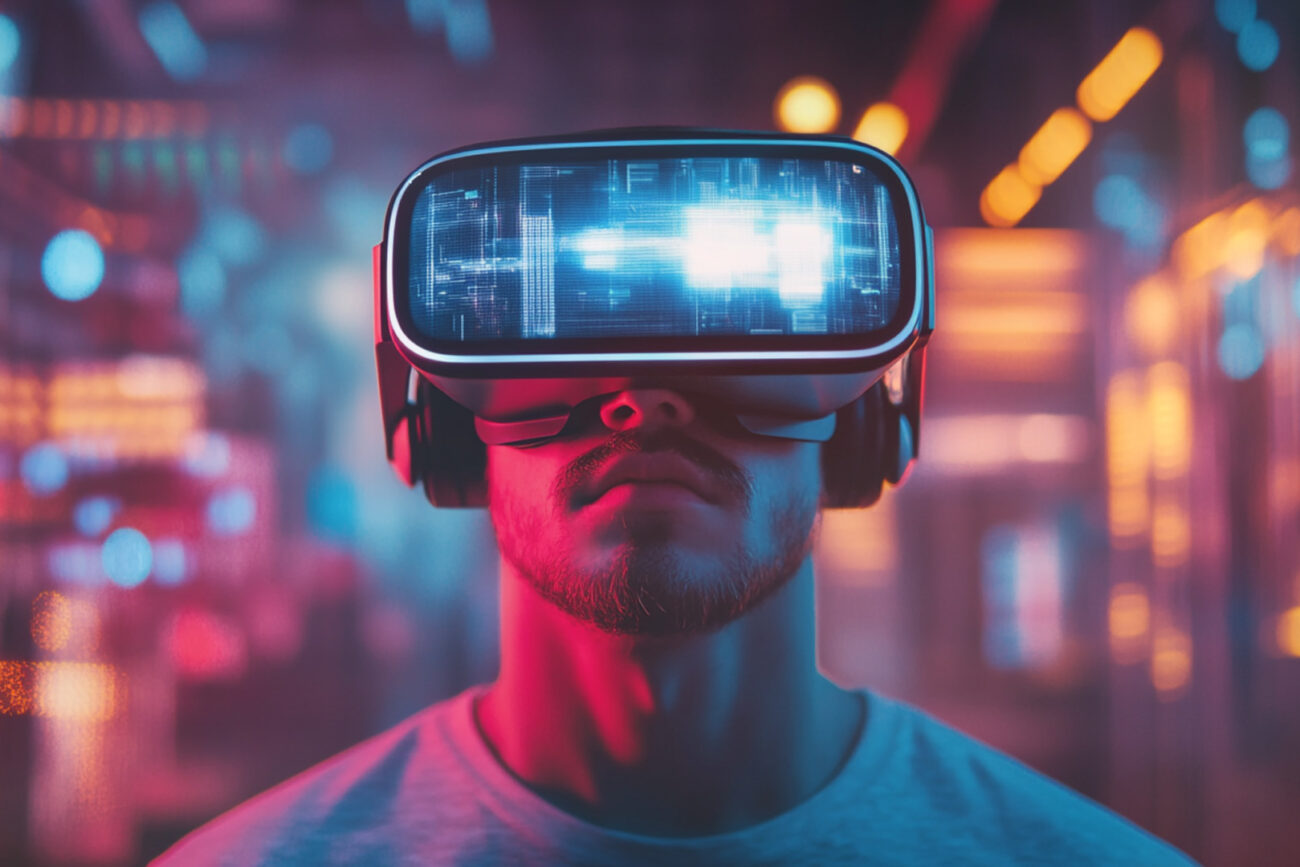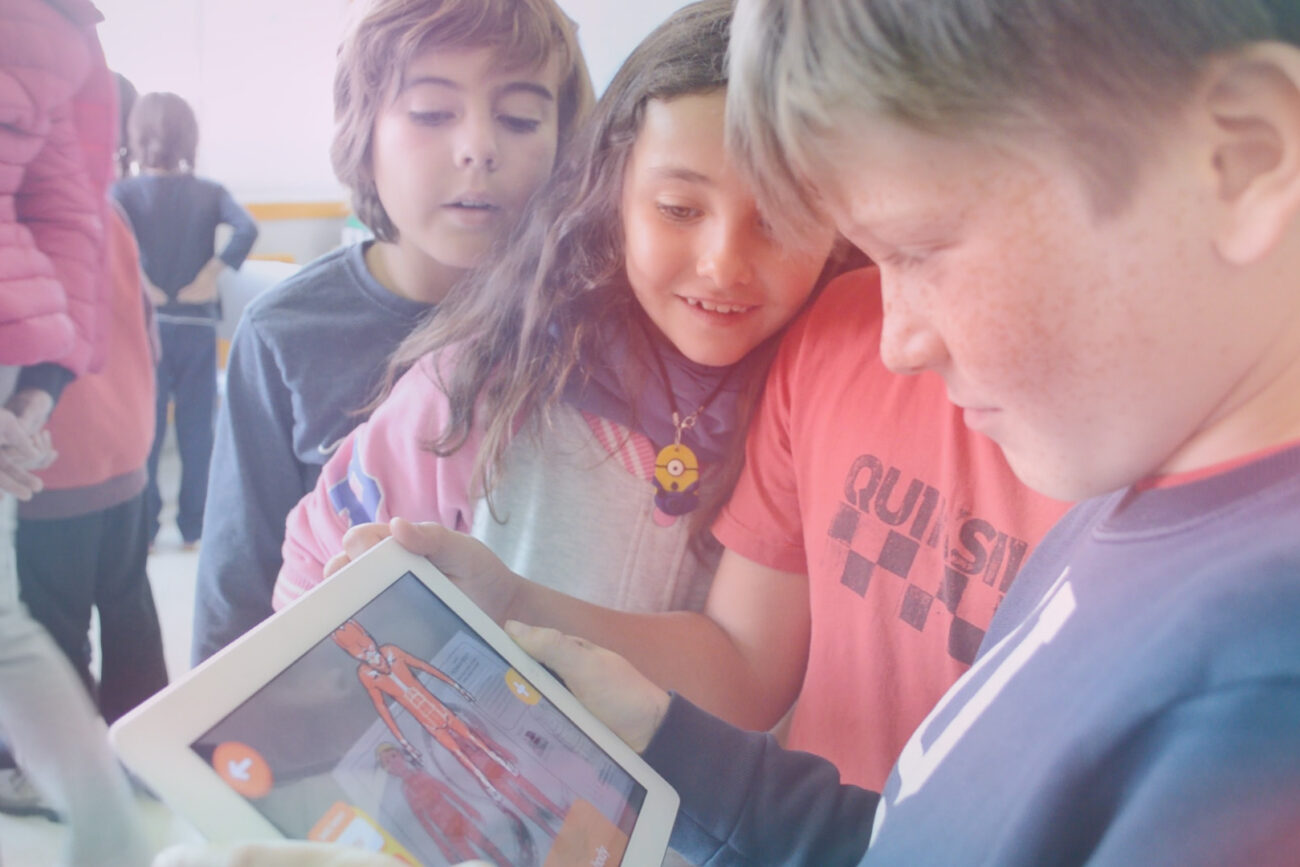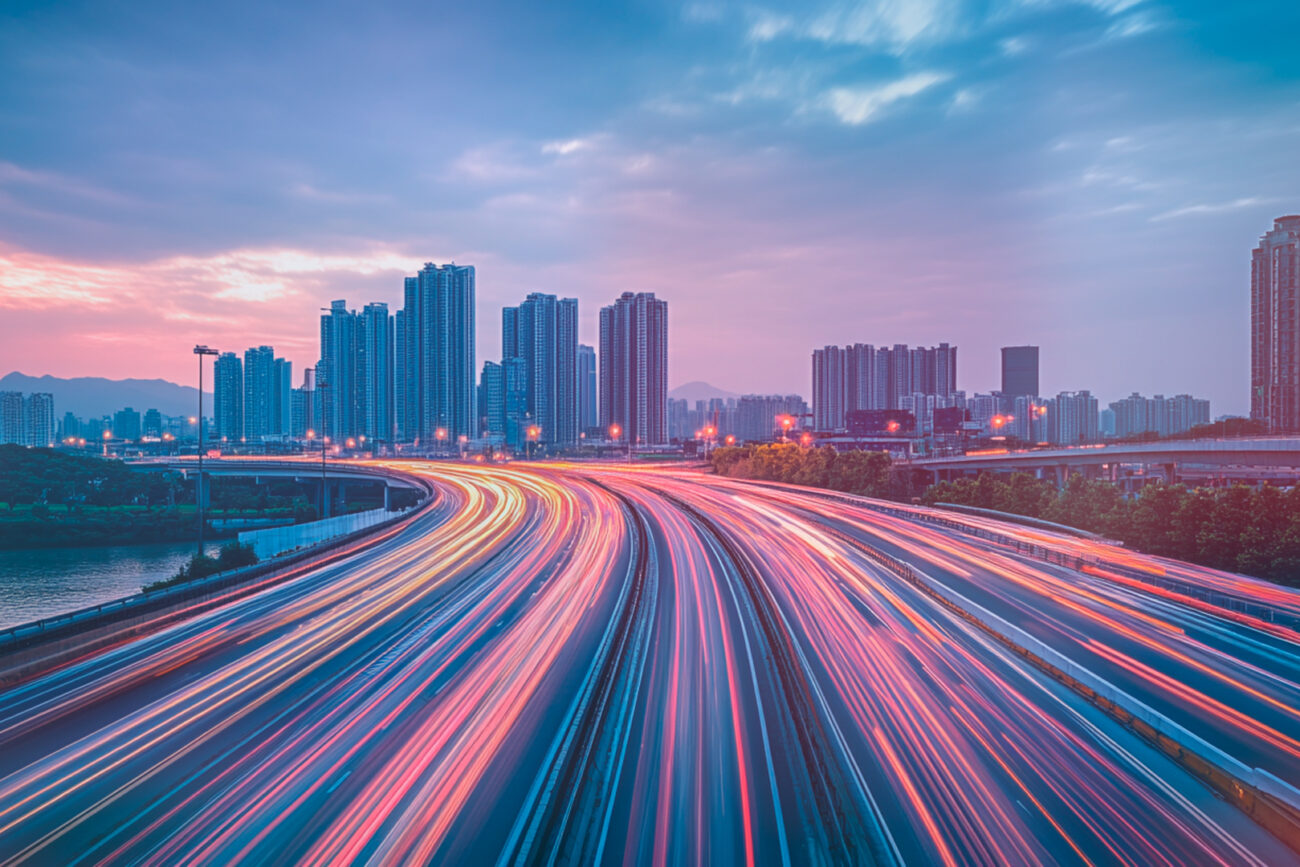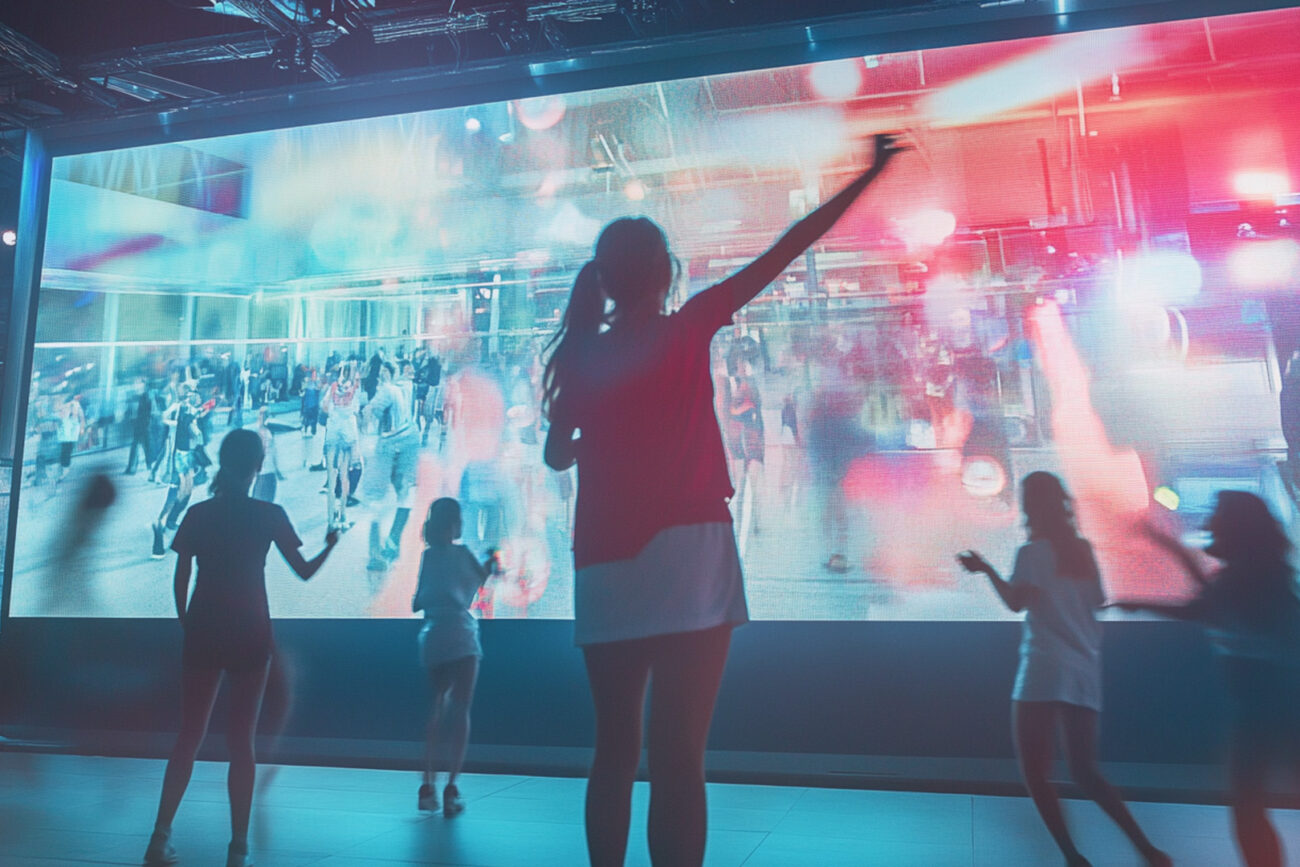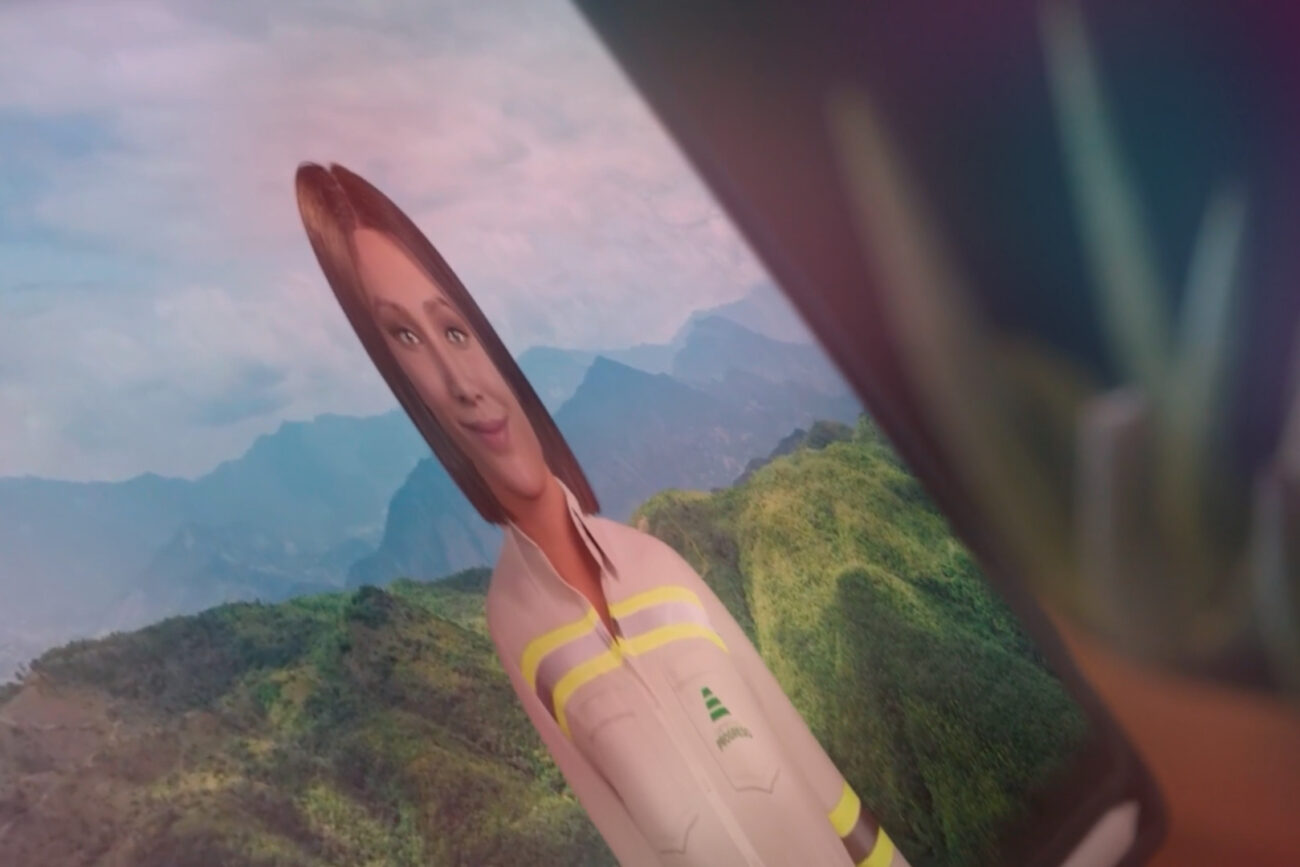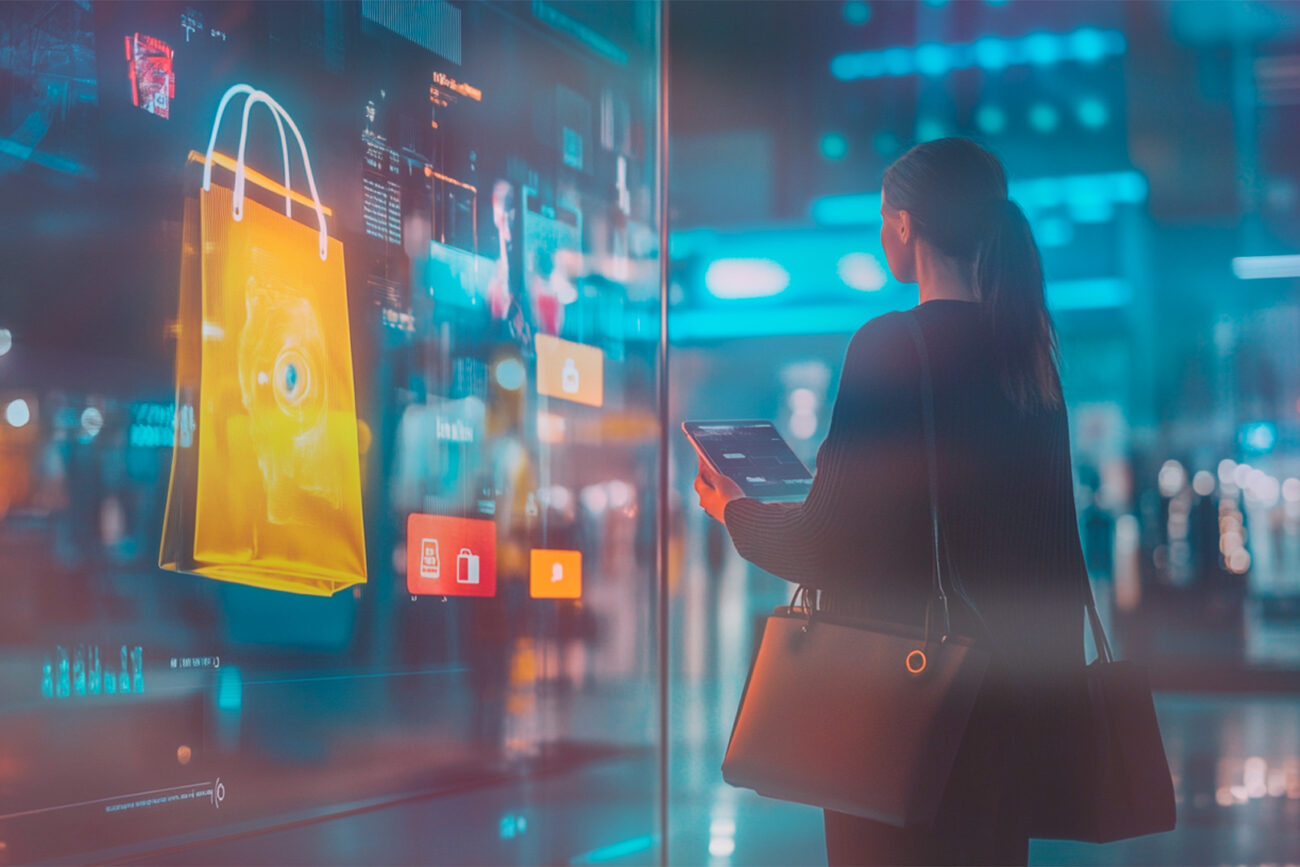BITÁCORA
| BLOG
Read our space diary and discover the best of the latest technology news.
From medical training with hyper-realistic simulations to virtual medical consultation through AI avatars, this and other immersive technologies are revolutionizing the healthcare sector.
Beauty is reinventing itself at an unstoppable speed thanks to technology. Today, cosmetics is no longer just about formulas and textures: it's a smart, personalized and innovation-packed experience that connects science, data and creativity to take care of you like never before.
Artificial Intelligence has burst onto the real estate scene, revolutionizing the way properties are bought and sold.
In this new era, retailtainment is born, the explosive fusion of entertainment, emotion and technology that is completely transforming the shopping experience.
AI agents are not just a technology, they are a living representation of your brand that can converse, adapt to the user and evolve with each interaction.
Digital branding encompasses all the elements that define how a brand lives in the online environment: from its graphic identity to its tone of voice, including the user experience in digital channels.
Technology offers great opportunities to enhance creativity, critical thinking and problem-solving skills, all while keeping children connected to the world around them.
In an increasingly digitized world, technology has transformed every aspect of our lives. In this context, humanizing technology has become a crucial challenge to ensure that technological developments respond to people's emotional, ethical and social needs, promoting more meaningful and accessible connections.
Discover how smart cities are transforming our present. We analyze the impact of technology on urban infrastructure, sustainability and the quality of life of citizens. Learn the keys to the urban future!
A virtual storefront can be a very powerful resource for transforming the shopping experience in your store by combining visual appeal with digital interactivity.
Thanks to AI, these assistants not only answer frequently asked questions, but also learn from past interactions by adapting to users' changing needs. They can even become true intelligent agents at the service of brands and customers.
New ecommerce trends is not an option, it is the key to stand out and turn every click into a business opportunity.


